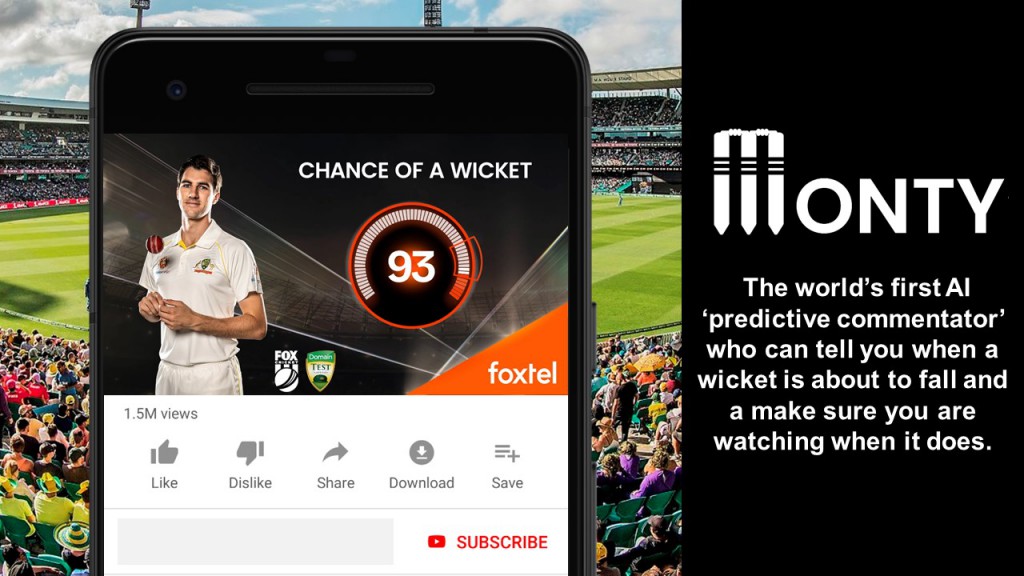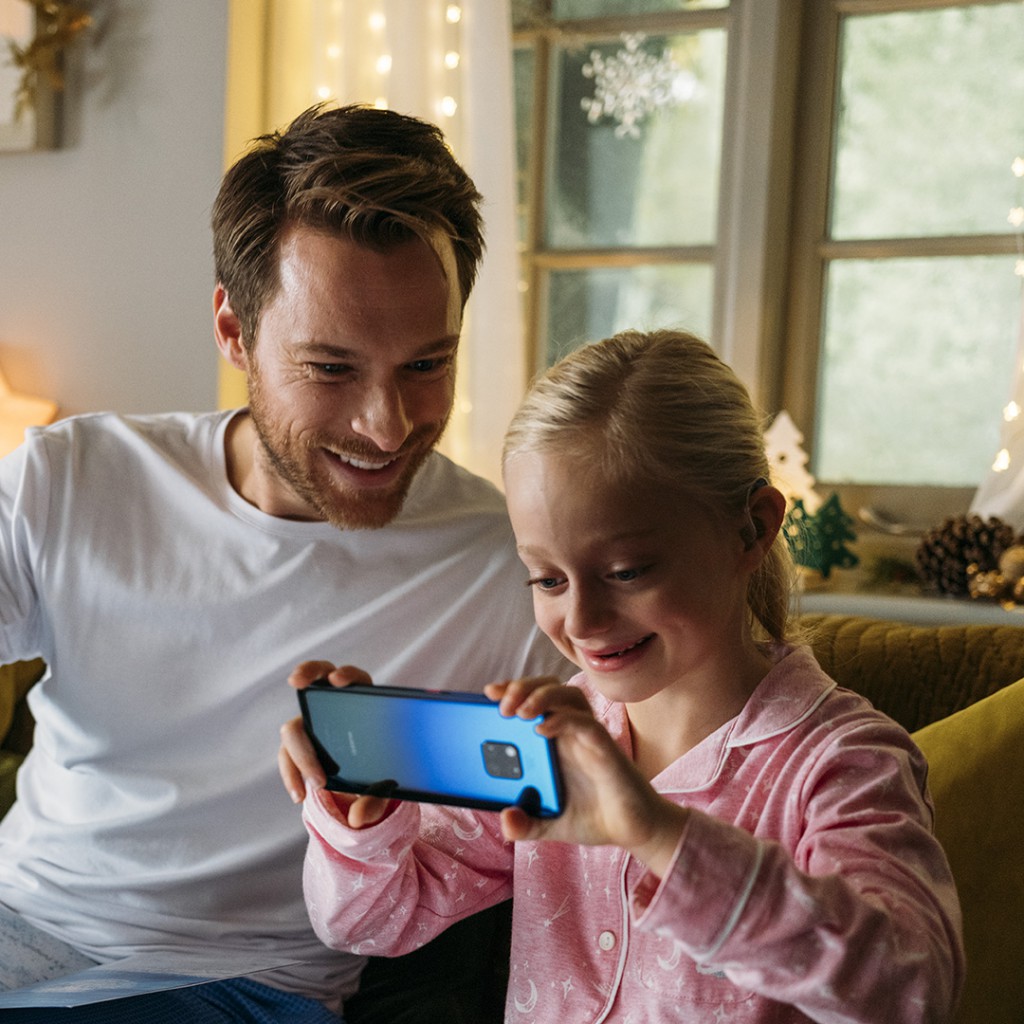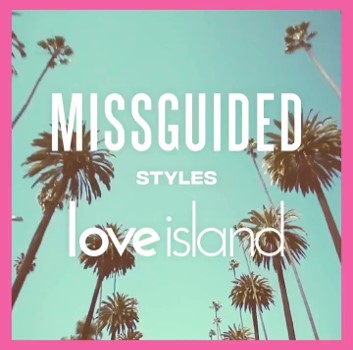Fashion & retail, sports & entertainment, food & drink, finance and telecoms brands have come out on top at the recent M&M Global Awards 2019, with these categories accounting for the majority of award-winning media campaigns implemented around the world.
The UK dominated the country rankings, accounting for 38% of the winning campaigns, followed by Australia (19%) and the US (15%). Further winning entries came from India, Poland, Canada, Israel and Puerto Rico, reflecting the global nature of the awards scheme.
There was a strong representation of media agencies across the winners list, most notably from MediaCom, who walked away with 23% of the winning trophies, followed by Wavemaker (19%), Mindshare (15%) and PHD (12%). Additional wins were secured by Zenith, Touché!, Starcom, Red Consultancy, Havas Media, CHEQ and KOI IXS.
Within these winning entries, there was a dominant trend in seamlessly combining the new capabilities of technology with the power of media (across all channels) to deliver meaningful connections and experiences with consumers.
From the big screen to the small screen (TV to smartphones), explorations with Artificial Intelligence and tech-fuelled mobile apps, the winning entries highlight the power of seamless integrations across media.
But at the heart of the majority of entries was a customer-centric approach that puts the consumer first and tailors the communication through a range of media to provide value, showing that brands are moving towards creating a more purposeful and long-term relationship with consumers.
Of all the winning campaigns, we’ve turned the focus this week to three stand-out entries which were awarded across multiple categories to highlight the key themes and trends from the M&M Global Awards 2019:
Monty: The World’s First AI Predictive Commentator | Foxtel | Mindshare | Australia
Shortlisted for: Best Campaign led by Data (WINNER), Entertainment (WINNER), Sports (WINNER), Best Campaign led by Digital, Best Campaign led by Technology, Best Integrated Campaign, Campaign of the Year (WINNER)
Summary:
In 2018 Foxtel invested AUD $600m to secure the broadcast rights for cricket. Cricket is considered a natural resource for Australians, in the same category as sun, sand and surf. As such it’s always been broadcast for free. Now Aussies have to pay $60 per month to watch every ball. To compound the problem Australia’s complex sport licensing laws meant major games were still free-to-air on competitor broadcaster CH7. Foxtel knew it had to deliver more value for the subscription and transform the viewing experience from a passive, lean-back experience, reacting to what you’ve missed; to a lean-in moment, primed for something crucial to happen.
In short, it had to predict wickets. This insight instantly revealed the power of the strategy. It wasn’t just promoting the game, it was changing the rules and creating an entirely new way to watch. Cricket is a hugely complex game, with almost impenetrable rules (to some) and a huge amount of variables – pitch condition, weather, air temperature, moisture levels, speed of delivery, bowling speed, bowling type, right or left handed batsmen, googlies (if you don’t know ask someone who does), slower balls, bouncers… the list is almost endless making it almost impossible to predict… for a human. Introducing Monty, the world’s first AI ‘predictive commentator’ who can tell you when a wicket is about to fall and make sure you are watching when it does.
Once the agency was confident that it had a fully operational Monty, it created an API output that could be used to trigger time sensitive adverts across video, digital outdoor and display directing subscribers to tune in to watch a wicket and maximise their subscription and directing non-subscribers to sign up to catch the wickets. When Monty spotted a wicket coming, he triggered dynamic creative across pre-roll video, mobile display ads and outdoor billboards with a call to action to tune in to Fox Cricket and watch the wicket fall – making sure subscribers got maximum value and alerting the rest of the public to the fact that Fox (via Monty) could predict the future!
Huawei StorySign | Huawei | Wavemaker Global | UK
Shortlisted for: Best Campaign led by Cause (WINNER), Best Campaign led by Technology (WINNER), Technology & Communications (WINNER), Global Advertiser of the Year (WINNER)
Summary:
There are 32 million deaf children in the world, and most of them struggle to read. This is because deaf children don’t learn to read like hearing children. They can’t learn phonetically, so they struggle to match words with sounds. This has a hugely negative impact on their education, and their future lives. In fact, new research shows that it takes 21 years for deaf children to catch up with their hearing peers. With 57% of deaf students failing to achieve the very basic school qualifications, these were limits that needed to be pushed with AI at a key time for families and mobile phone purchasing.
To change the story of deaf illiteracy and show the power of Huawei’s smartphone technology, it needed an idea that offered real change to deaf children. Wavemaker created the first global literacy platform for the deaf – StorySign. A revolutionary free app, StorySign scans the words in selected children’s books and instantly translates them into sign language, using the most advanced signing avatar ever. For the first time, deaf children and their parents can learn to read and sign, together. StorySign uses the power of Huawei’s Kirin AI chip to boost traditional OCR technology.
To ensure StorySign reached the broadest possible audience the agency decided to launch in the run-up to Christmas – yet to achieve cut through it needed to tell the story in the most meaningful way. Huawei drafted the support of Chris Overton, academy award winning director to craft a 60 second film which brought the campaign challenge to life. To “Capture” audience attention it ran the 60 second hero spot across TV, Cinema and premium reach digital (major news, YouTube and social). Digital provided the campaign bedrock across 10 Western European markets and Australia. Huawei’s promise is to push the limits of what’s humanly possible, available on all Android devices, opening books to an entire generation of deaf children. StorySign answers that promise.
Missguided Styles Love Island | Missguided | MediaCom | UK
Shortlisted for: Best Integrated Campaign (WINNER), Best Partnership Award (WINNER), Fashion, Beauty and Retail (WINNER)
Summary:
In 2018 there was one topic that dominated national conversation in the UK. It wasn’t Brexit, the Royal Wedding or even the World Cup. Instead, it was the TV show ‘Love Island’. A reality show so popular, that there were more conversations about Love Island on Twitter than anything else. Brimming with love, lust and scandal, for eight weeks each summer, ITV’s cultural behemoth is all the UK tunes into and talks about. The 2017 finale drew 2.9 million viewers and the season captured a 56% share of Missguided’s target demographic. With every cast member looking like a model, and appearing on screen in a range of the hottest swimwear, daywear and evening wear, Missguided realised this was an opportunity to transform the whole way fashion e-commerce works.
Introducing ‘Missguided Styles Love Island’. From programme sponsorship to ad spots, in-show product placement to in-app purchases, MediaCom planned a fully-connected, through-the-line campaign. Other retailers have done product placement and allowed purchase on branded microsites but it’s never been truly integrated across every touchpoint and in real-time. The first step in allowing its customers to shop the screen was to partner with Love Island.
‘Missguided Styles Love Island’ marked a genuine first for British TV, which was the deepest collaboration between a fashion sponsor and a broadcaster, collapsing the gap between TV screen & mobile screen and from desire to purchase. Prior to the show launching, each Islander browsed a bespoke, one-off Missguided pop-up shop, picking items that they wanted to wear in the villa during filming. To allow viewers to buy the outfits they were seeing, the agency worked with ITV to create a section on the Love Island mobile app ‘Island Style’, making the journey from screen to checkout seamless. It was then a race against time each day to create new designs across the Love Island app and all paid and owned channels, including mobile website, mobile ads, and social carousels.










